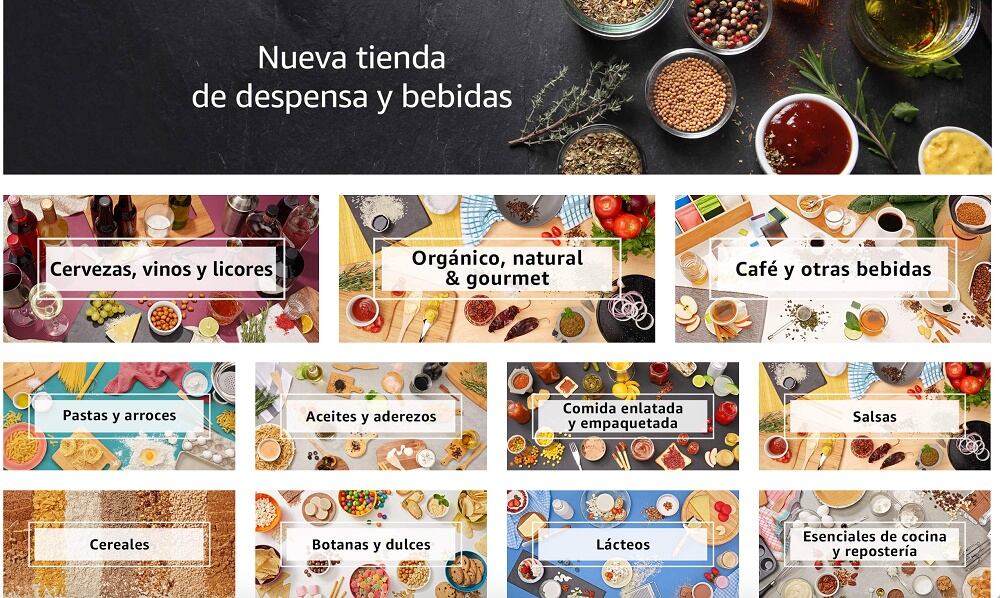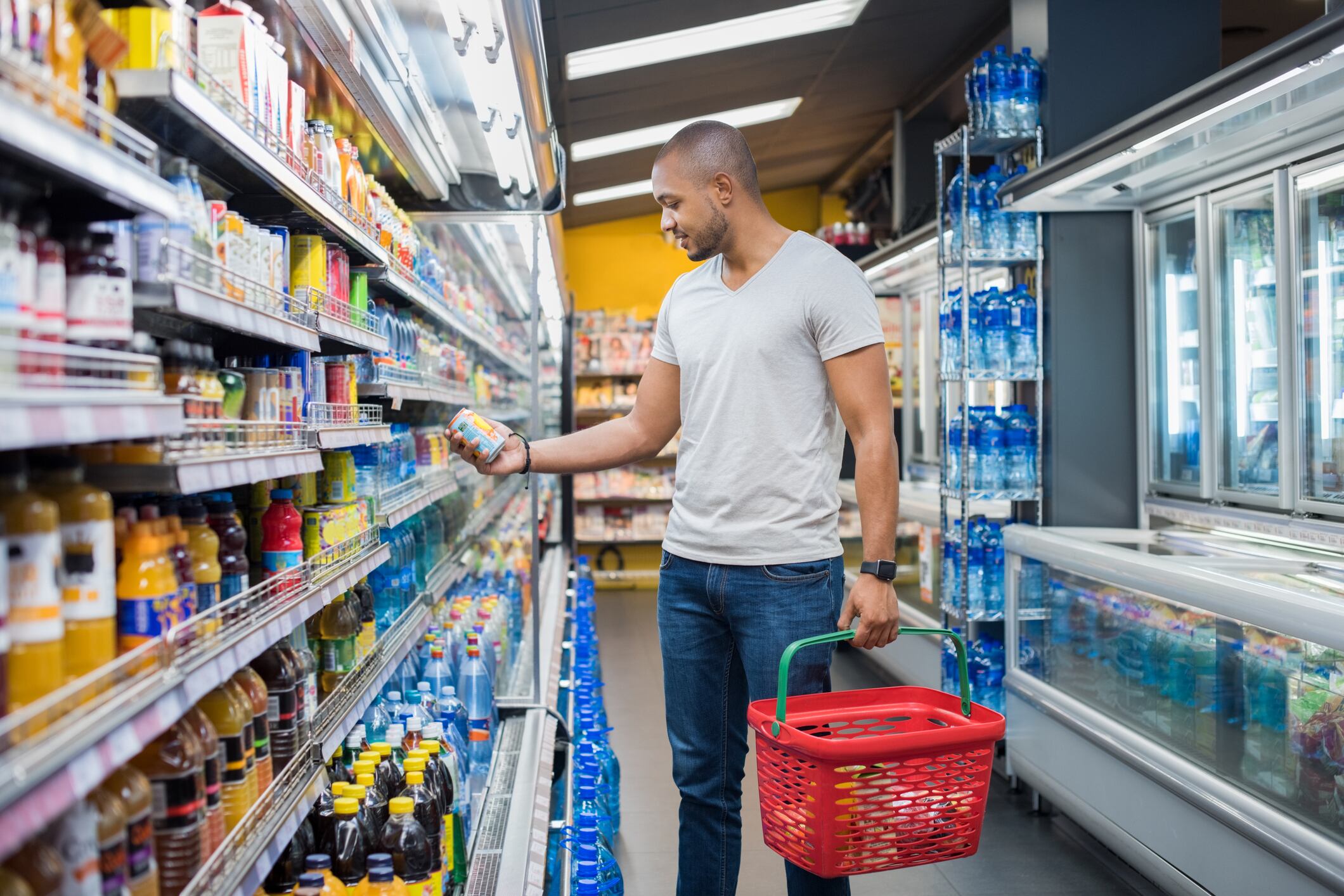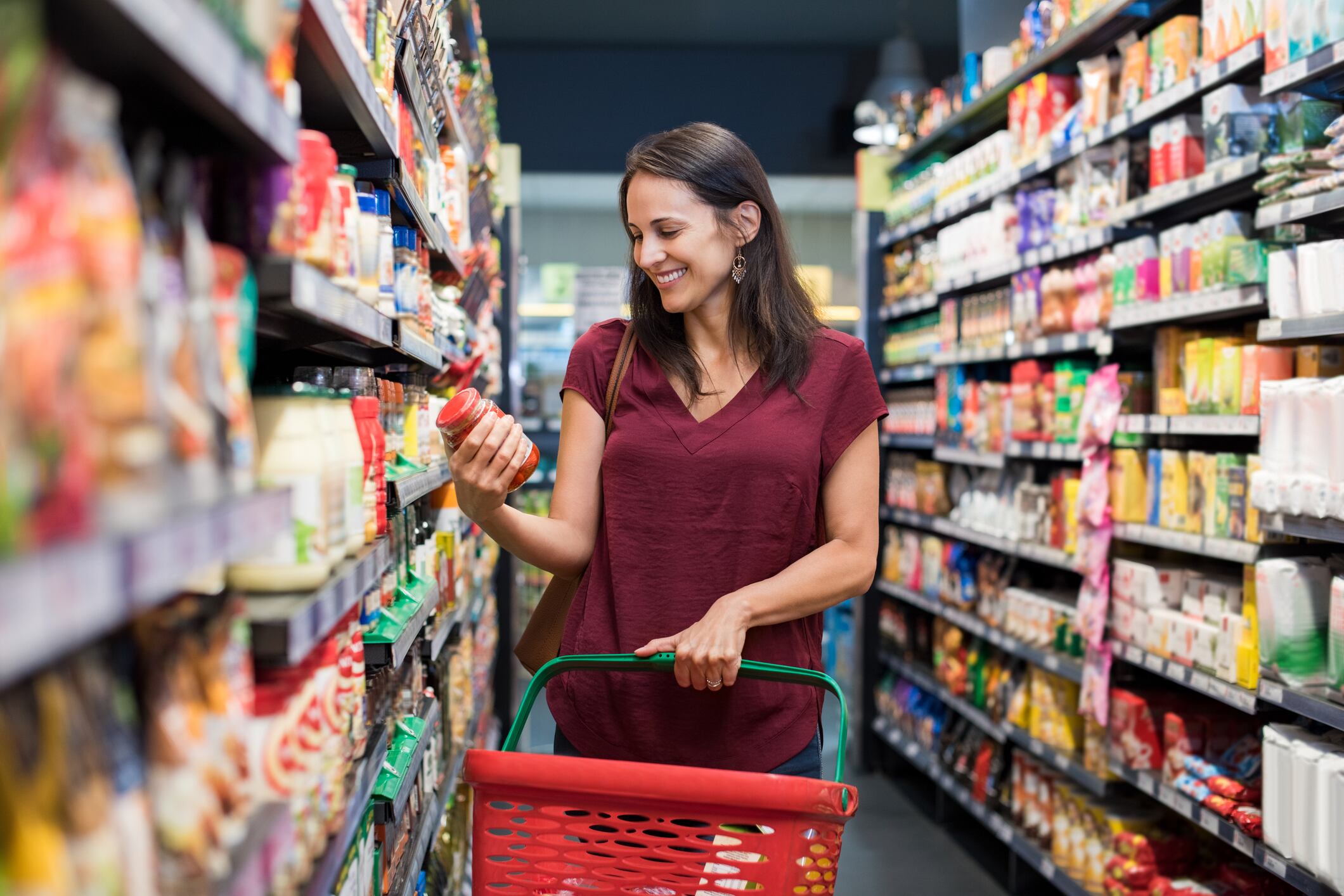Present in Mexico since 2015, e-commerce giant Amazon this month launched a dedicated food and beverage section to its Mexican website, selling non-perishable goods like beverages, snacks and alcohol. The move marked Amazon's first foray into food and beverage in Latin America where it had business in Mexico and Brazil, the latter of which remained limited to books, electronics and clothing.
Mexico is more advanced, with a 'solid reputation'
Jack O'Leary, senior analyst at PlanetRetail RNG, said choosing Mexico to debut food and beverage in LATAM was a strategic move.
“Amazon is more advanced in Mexico than it is in Brazil, so it seems like a natural jumping off point for any new LATAM initiatives for the retailer,” O'Leary told FoodNavigator-LATAM.
“...Mexico has the most advanced Amazon infrastructure currently in place [in Latin America], with designated fulfillment centers (FCs), a full marketplace, and Prime membership, making it Amazon's best early test ground,” he said.
Graciana Méndez, trends analyst for the Latin American Region at Mintel, agreed and said Amazon had built a “solid reputation” in Mexico.
“Initiatives like Amazon Cash have helped the e-commerce giant build a name and expand its customer base. Mexican shoppers are often wary of credit card fraud and often earn their living in paper currency. Amazon Cash allows consumers to top up their Amazon accounts with credit by paying in cash at brick-and-mortar locations throughout Mexico, such as at 7-Eleven convenience stores,” Méndez said.
Amazon Mexico was offering a variety of non-perishable food and beverage products online, including cereals, pastas, tinned foods, sauces, snacks, coffee and alcoholic beverages.
Bulk business in non-perishables
O'Leary said Amazon's decision to start with non-perishables in Mexico made sense, as the products were easier logistically. “[Non-perishables] don't require specialized FCs, a cold supply chain, refrigerated delivery vehicles or coolers. They also don't require small delivery windows as they can sit in room temperature delivery locations for shoppers indefinitely.”
At the same time, he said non-perishables weren't the most profitable for e-commerce models because of the low price relative to size and weight of the products. However, Méndez said non-perishables were big business in Mexico.
“Foods that come in tins and cans are often an essential part of Mexican gastronomy. A number of ingredients that come in cans, such as chiles and chipotle, are used to make Mexico's traditional sauces, rice and stews. Moreover, the alcoholic drink market has been on the rise,” she said.
Per capita consumption of beer in 2018, for example, was forecast to grow 10% in volume terms and the overall value of Mexico's beer market to rise 13.7%, according to Mintel data and statistics from Mexico's National Institute of Statistics and Geography and the Economist Intelligence Unit.
Working against an 'unbanked population' and 'big competition'
However, Méndez said the move into Mexico's online grocery space would not be without challenges, particularly around logistics, infrastructure limitations, security concerns and payment problems given Mexico remained a largely “unbanked population” with few consumers owning credit cards. Although, the Amazon Cash initiative would prove helpful in this sense, she said.
The e-commerce major also faced “big competition” from the likes of Walmart, she said, which just recently acquired Latin American delivery platform and app Cornershop - a move that would “streamline deliveries” for Walmart, Superama and Sam's Club in Mexico and “represent a big competition for Amazon”.
Walmart, through its local unit Walmex, was also pushing a hybrid payment system to encourage more shoppers to go online, she said, installing around 2,000 kiosks in its stores as points of payment and “a training station of sorts” for older or less tech-savvy customers.
O'Leary agreed Amazon faced competition from Walmart, particularly with the Cornershop acquisition which had “raised the stakes” in the e-commerce world, but said Amazon had a good chance at success.
“I think Amazon has an opportunity to drive innovation across categories in Mexico. Mexico is an underdeveloped e-commerce market, meaning Amazon can set standards and shopper expectations, as it competes with players like Walmart to win the market,” he said.



